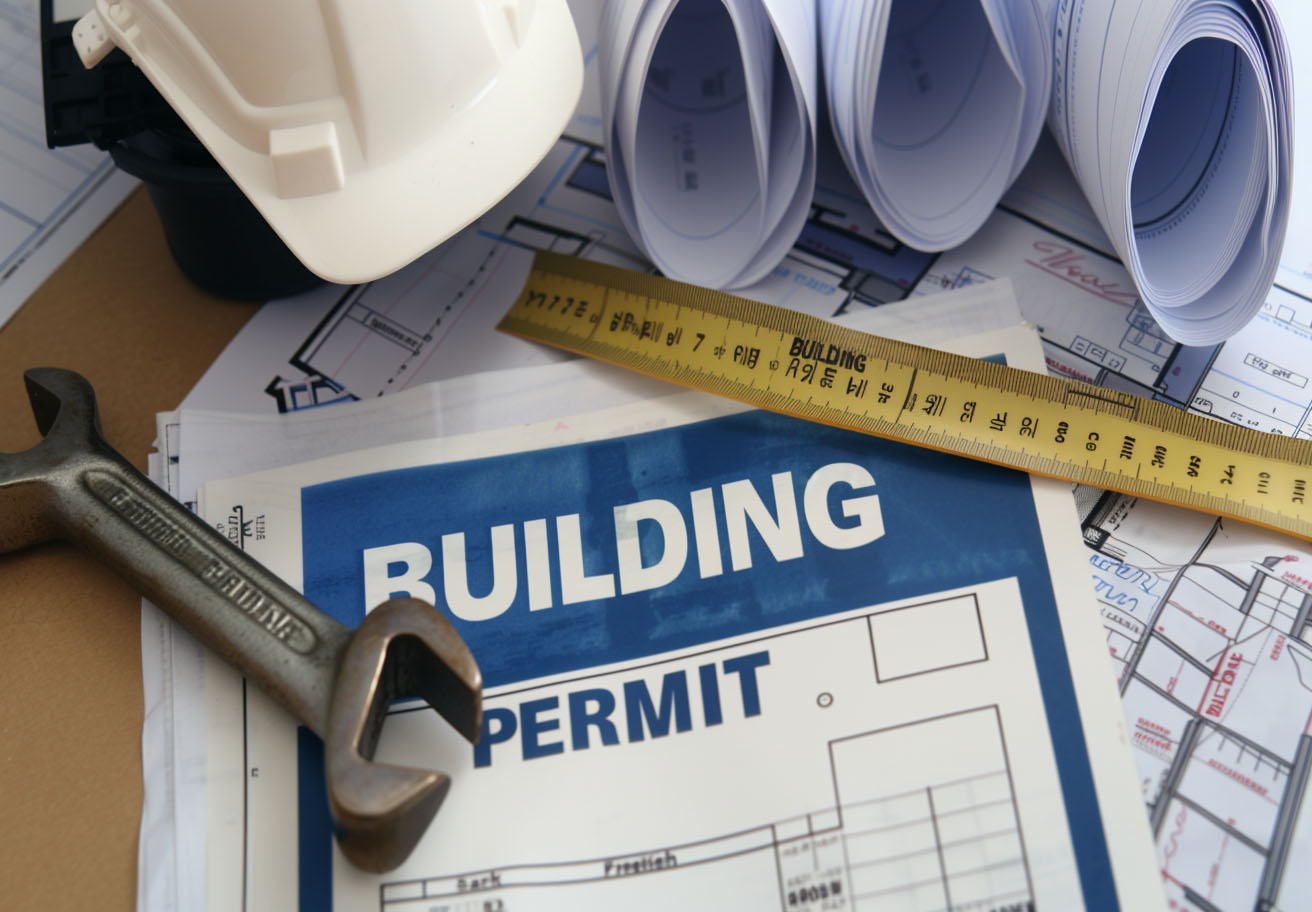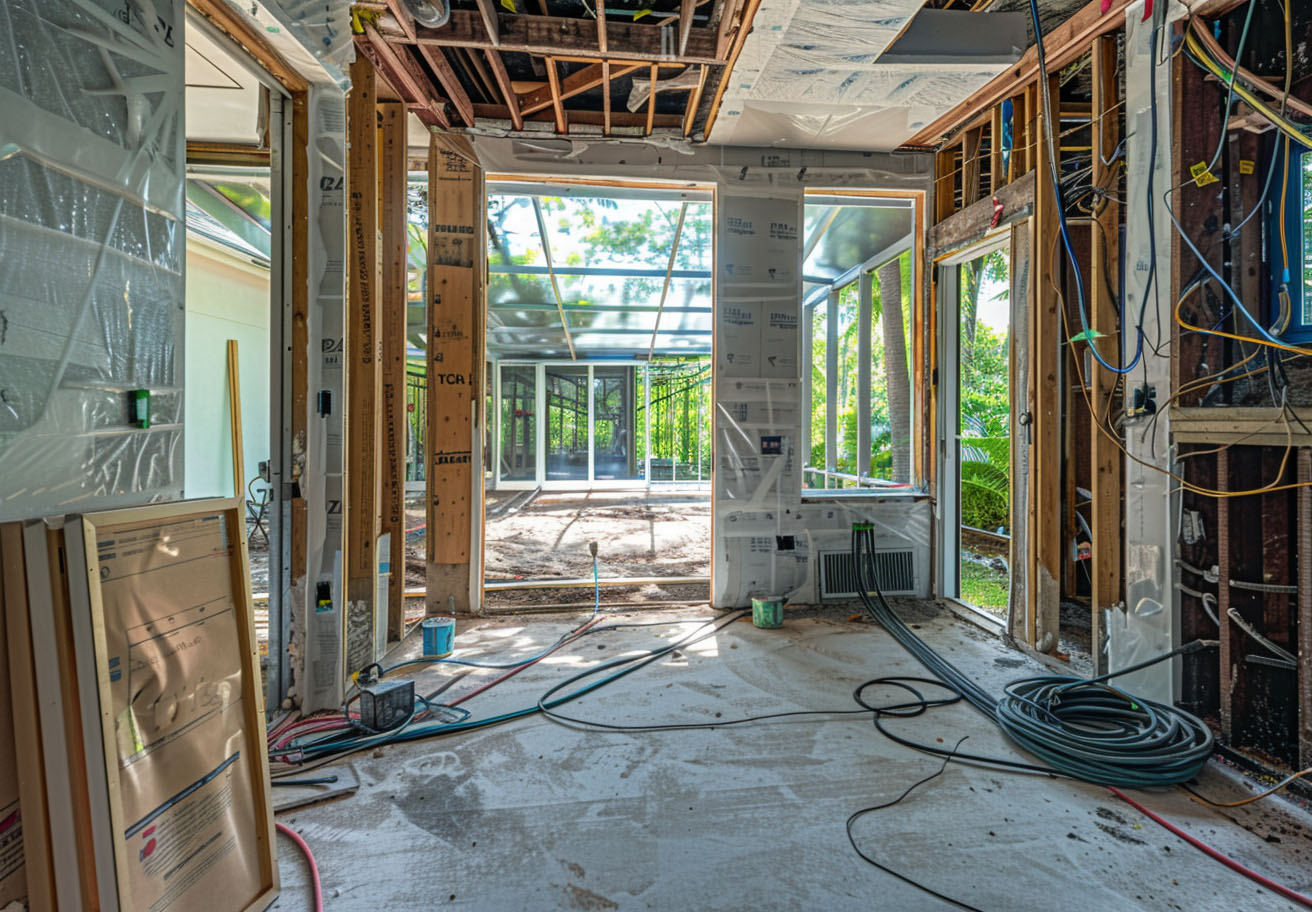

When planning a bathroom remodel in Florida, understanding the permit requirements is essential. Depending on the nature of the work, you may need to secure a permit to comply with the Florida Building Code (FBC). This blog will explore which aspects of a bathroom remodel require permits and introduce you to Dago Design Studio, experts in guiding homeowners through the remodeling process.
Understanding Florida Building Code
The Florida Building Code is a comprehensive set of regulations designed to ensure safety, structural integrity, and compliance with local building standards. It’s regularly updated to reflect new safety protocols and building practices.
When a Bathroom Remodel Requires a Permit
Plumbing Work
One of the most common aspects of a bathroom remodel that requires a permit is plumbing work. This includes:
Moving or Replacing Pipes
If your remodel involves moving or replacing pipes, you will need a permit. This ensures that the work is done safely and meets all plumbing standards.
Installing New Fixtures
Adding new plumbing fixtures such as sinks, toilets, or showers usually requires a permit. This helps verify that the installations are up to code.
Altering Existing Plumbing
Any significant changes to existing plumbing systems, such as rerouting pipes or installing new water lines, also necessitate a permit.
Electrical Work in Bathroom Remodels
Electrical Modifications
Modifying the electrical system during a bathroom remodel typically requires a permit. This includes:
Adding New Outlets or Lighting
Installing additional electrical outlets or new lighting fixtures requires a permit to ensure compliance with electrical codes.
Rewiring
If your remodel involves rewiring parts of the bathroom, a permit is necessary. This ensures the work is safe and up to current standards.
Structural Changes
Structural Modifications
Any structural changes made during a bathroom remodel will require a permit. This includes:
Altering Walls
If you plan to move or remove walls, you need a permit to ensure that the changes do not compromise the structural integrity of your home.
Expanding the Bathroom
Expanding the bathroom’s footprint or making significant alterations to its layout requires a permit to verify that the changes comply with building codes.
When a Permit is Not Required
Cosmetic Changes
Certain cosmetic changes do not require a permit. These include:
Tile Installation
Installing new tiles on floors or walls does not require a permit, as long as no structural changes are involved.
Cabinet Work
Replacing or installing new cabinets does not typically require a permit unless it involves altering plumbing or electrical systems.
Consulting with Experts

Why Consult with Dago Design Studio?
Navigating the permit requirements for a bathroom remodel can be complex. Dago Design Studio specializes in ensuring that your project complies with all necessary regulations. They offer expert guidance from the planning stage through to completion, helping you avoid costly delays and penalties.
Steps to Take Before Starting Your Remodel
Verify Permit Requirements
Always check with your local building department to verify if a permit is required for your specific project. This step can save you time and prevent legal issues.
Prepare Documentation
Ensure you have all necessary documentation, including detailed plans and specifications, when applying for a permit.
Schedule Inspections
Arrange for inspections as required by the Florida Building Code to ensure compliance throughout the remodel process.
Conclusion
Whether you need a permit for your bathroom remodel in Florida depends on the type of work being performed. Plumbing and electrical modifications, as well as structural changes, typically require permits. However, cosmetic changes like tile installation and cabinet work usually do not. Dago Design Studio can help guide you through the permitting process, ensuring your remodel meets all safety and regulatory standards.




